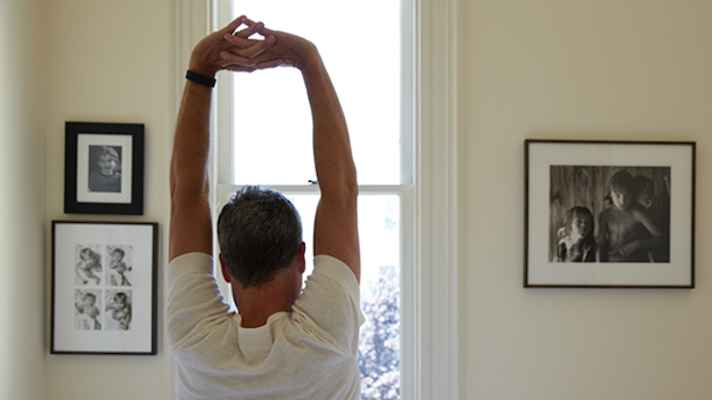The judge in the class action suit against Fitbit, a suit that alleges the wearable company made misleading claims about its sleep tracking feature, has denied Fitbit’s motion to dismiss the case. The case could still be dismissed on other grounds or settled out of court.
James Brickman of California filed suit in May 2015 — just after Fitbit announced its intention to go public. Brickman, who bought a Fitbit Flex in 2013, doesn’t allege any specific harm that may have come to him as a result of inaccurate sleep tracking. But the case cites a 24-person 2012 study from the journal Sleep and Breathing as evidence that Fitbit’s sleep tracking is inaccurate, particularly with regards to the amount of sleep recorded per night. The study compared a Fitbit device to polysomnography and actigraphy, and found that it over-reported sleep compared to both. At the time, Fitbit vowed to fight the suit.
“We do not believe this case has merit,” the company told MobiHealthNews in an email at the time. “Fitbit strongly disagrees with the statements about the product and the Company contained in the Brickman complaint and plans to vigorously defend the lawsuit. Fitbit trackers are not intended to be scientific or medical devices, but are designed to provide meaningful data to our users to help them reach their health and fitness goals.”
According to Judge James Donato’s ruling, Fitbit attempted to dismiss the case on the grounds that the study cited by the plaintiff was bad science and that a reasonable consumer wouldn’t be misled by the Fitbit packaging to believe it would offer clinically-accurate sleep tracking. But Donato ruled that the plaintiff’s complaints were at least worthy of hearing in court.
“Fitbit’s dismissal request is focused on attacking the plaintiffs’ evidence as bad science and proffering a compilation of studies that it believes validates the efficacy of accelerometer-based sleep tracking,” he wrote. “Fitbit asks the Court to take judicial notice of these studies, but since this is a motion to dismiss that tests the sufficiency of the complaint, and not the ultimate merits of plaintiffs’ claims, the Court declines to consider them at this stage.”
Donato has given Fitbit until July 29 to respond to the ruling.
As we noted last year, most fitness trackers, not just Fitbit, purport to track sleep. But most just use the accelerometer combined with an algorithm, and few have clinically validated this functionality. Depending on how far it goes, a case like this could encourage companies to put more energy into validating their sleep tracking.
Update: Fitbit sent another statement to MobiHealthNews about this most recent ruling, which largely echoed the company’s previous statement.
“The Court’s ruling does not address the merits of the plaintiffs’ allegations,” a Fitbit spokesperson wrote. “Due to procedural rules, the Court is bound by the complaint and cannot consider the scientific studies that support Fitbit’s claim. These studies demonstrate that Fitbit trackers do track sleep. Fitbit trackers are not intended to be scientific or medical devices, but are designed to provide meaningful data to our users to help them reach their health and fitness goals. We intend to defend ourselves vigorously and demonstrate that plaintiffs’ case has no merit.”
Source: www.mobihealthnews.com




